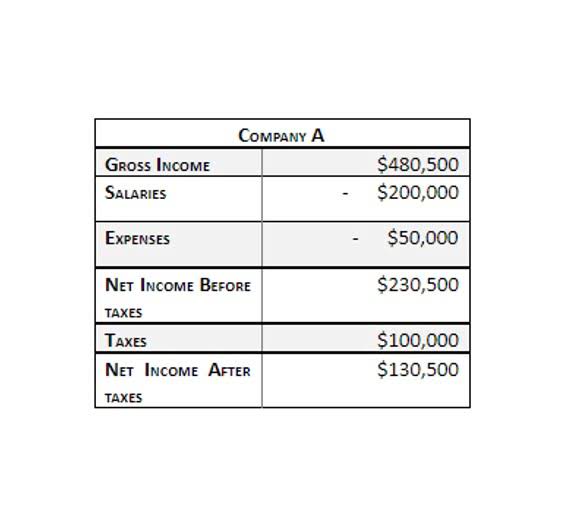
This rule ensures transparency and accountability in managing fiduciary property, protecting clients’ interests and maintaining regulatory compliance. Non-compliance can lead to severe consequences, including disciplinary actions and legal liability. Therefore, understanding and implementing trust accounting best practices is crucial for every law firm. The primary purpose of trust accounting processes is to safeguard client funds, maintain transparency, and adhere to legal and ethical obligations. Law Firm Accounts Receivable Management This guide is designed specifically for lawyers and legal professionals like you, helping you navigate the complexities of accounting in law.

The Importance of Trust Accounting for Law Firms
- Additionally, annual trust reports must be filed with the LSBC, providing a comprehensive overview of the trust account’s status and compliance with regulatory standards.
- A separate interest-bearing trust account (SIBTA) is typically used for holding larger sums of money or funds that will be held for an extended period.
- With accounting and management features consolidated on one screen, you won’t have to worry about juggling multiple software at once.
- Our team of accountants will set up your trust account, add trust liability accounts, and generate reports to keep your firm in compliance with state bar rules and regulations.
- Any payments made to or from a client trust account will automatically be recorded, improving the accuracy of your firm’s trust accounting records with minimal effort required.
- If they paid you in advance and you didn’t use all the money, they may take legal action if you can’t locate it.
Cloud-based accounting software can streamline legal accounting processes by improving accessibility and collaboration. For example, Clio Manage can help law firms manage client funds in trust accounts and conduct three-way reconciliations, ensuring compliance with financial regulations. Trust accounting software also facilitates compliance with LSBC regulations by providing built-in safeguards and alerts for potential issues, such as overdrafts or discrepancies. These tools enable law firms to generate detailed financial reports, track client funds efficiently, and maintain an audit trail unearned revenue that can be easily reviewed during compliance audits. By leveraging technology, law firms can focus more on providing legal services and less on the administrative burden of trust account management, ensuring both efficiency and regulatory adherence.
- Cloud-based accounting software can streamline legal accounting processes by improving accessibility and collaboration.
- Finsmart Accounting offers scalable remote accounting teams with the right sizing options to meet your evolving requirements.
- Trust accounting is a critical aspect of legal practice, particularly for law firms in British Columbia (BC).
- The streamlined workflows and automations have significantly reduced staff time and costs.
- The National Law Review is a free-to-use, no-log-in database of legal and business articles.
Ready To Take The Next Step In Your Firm’s Financial Growth?

The staff members responsible for deposits should not be responsible for disbursements and so on. Both employees/teams should be responsible for balancing the accounts at the end of the month. Doing this dramatically reduces the odds that you’ll overspend in one account while acting on behalf of another client. You’re acting as a fiduciary so you’ll need to be able to provide the right kind of data to your clients. Funds in this account should never move without a paper trail and an appropriate reason.
Manage your trust accounts accurately.
To learn how we can enhance your accounting practices, consider connecting with our team today. One of the key compliance requirements is the monthly reconciliation of trust accounts, which must be completed within 30 days of the month’s end. This involves a detailed comparison of the bank statement, trust book of entry, and client trust ledger balances. Lawyers must also maintain accurate records of all trust transactions and retain these records for at least 10 years. Additionally, annual trust reports must be filed with the LSBC, providing a comprehensive overview of the trust account’s status and compliance with regulatory standards.

Compliance and Regulatory Requirements

When used alongside our billing, accounts payable, and general ledger software for maximum benefit, Tabs3 offers you the most informative overview possible of your law firm’s financials. Trust accounting software can generate detailed financial reports with just a few clicks, saving time and reducing the administrative burden on staff. These reports provide a clear overview of the firm’s financial status, making it easier to prepare for audits and regulatory filings. Additionally, the ability to access financial data from anywhere through cloud-based solutions enhances flexibility and allows for more efficient management of trust accounts. By adhering trust accounting for lawyers to these key BC trust accounting rules, law firms can ensure they manage client funds responsibly and maintain compliance with regulatory standards. Rule 3-58 requires that lawyers deposit all trust funds into a pooled trust account as soon as practicable.